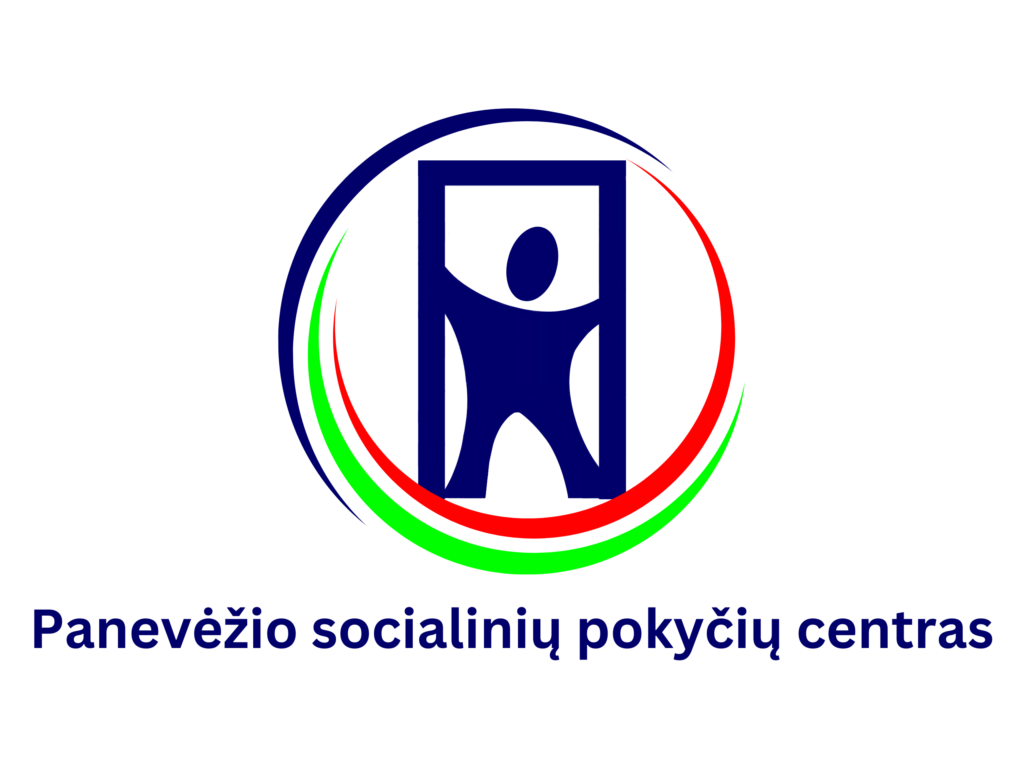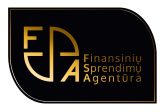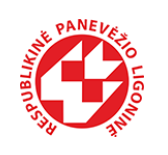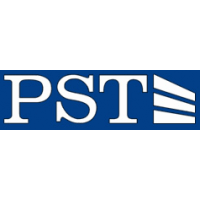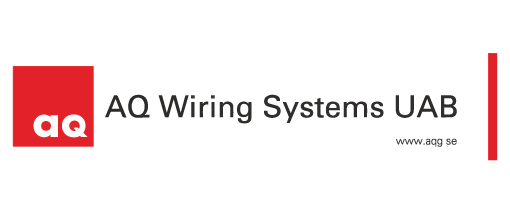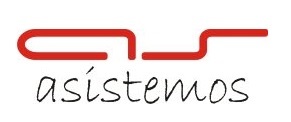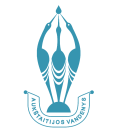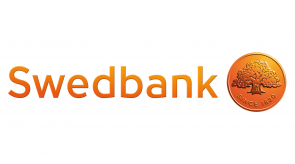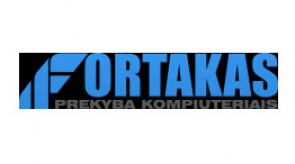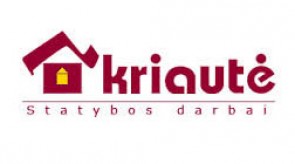Construction
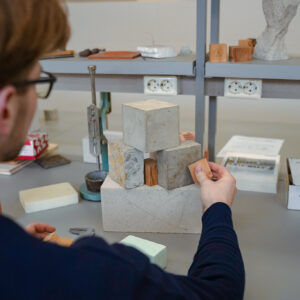 Study mode and duration time: full-time (3 years)
Study mode and duration time: full-time (3 years)
Study programme is carried out: Panevėžio kolegija/State Higher Education Institution, Faculty of Technology Sciences
Degree and professional qualification: Professional Bachelor of Engineering Sciences
Volume of the study programme in credits: 180 ECTS credit
Objective(s) of the study programme:
To equip professionals having attained sufficient knowledge and skills to organize and technically manage construction and repair work in accordance with their qualification, being able to apply optimal and safe construction work methods, make independent decisions, inspect unit activities, work quality and act successfully in competitive market conditions, supporting professional competence in lifelong learning.
Please check Rules for Admission for foreigners
| General Subjects |
|---|
| Professional Foreign Language |
| Study Fields Subjects |
| Chemistry |
| Building Materials |
| Applied Mathematics |
| Engineering Drawing |
| Computer Aided Design |
| Applied Physic |
| Geodesy |
| Applied Mechanics |
| College Established and Optional Subjects |
| Law Basics |
| Construction Law |
| Practices |
| Cognitive practice |
| Geodesy practice |
| General Subjects |
|---|
| Professional Language Culture |
| Professional Ethics |
| Social Sciences |
| Philosophy |
| Study Fields Subjects |
| Applied Mechanics; |
| Building Structures; |
| Environment and Human Safety; |
| Construction Technologies; |
| Construction Calculations |
| College Established and Optional Subjects |
| Building Engineering Systems; |
| Energy Efficiency of Engineering Systems |
| Practices |
| Technological practice |
| Industrial practice |
| General Subjects |
|---|
| Applied research |
| Study Fields Subjects |
| Building Economics, Rationing and Estimates |
| Construction Organization |
| Digital Building Simulation |
| College Established and Optional Subjects |
| Building Maintenance and Management |
| Building Repair Technology |
| Construction Project Management |
| Construction Management |
| Practices |
| Construction design and Final Practices |
| Final Project |
At PANKO, studies are built around practice, innovation, and real career opportunities.
- Practice-oriented studies – close cooperation with employers and the use of modern technologies prepare you for today’s job market.
- Small study groups – personal attention and individual support for every student.
- Hands-on learning – modern laboratories, advanced equipment, and real business projects.
- Lecturers with real-world experience – industry professionals from different cities who share up-to-date, practical knowledge.
- Extensive network of business partners – nearly 300 cooperation agreements ensure high-quality internships and open doors to future employment.
- International opportunities – study or complete internships abroad with the Erasmus+ programme for up to 12 months during your studies.
- Comfortable student life – a college dormitory located just a 10-minute walk from the city center.
- A strong and supportive community – lecturers, students, and partners working together to create success.
At PANKO, you don’t just gain knowledge – you turn it into real experience, international exposure, and strong career prospects.
Join the PANKO community — because HERE is the start of YOUR career!
Access to Professional activity:
The acquired professional bachelor‘s degree in engineering entitles working as job managers, designers, construction managers and technologists in construction and design companies, self-governing institutions or set up their private business.
Objective(s) of the study programme:
To equip professionals having attained sufficient knowledge and skills to organize and technically manage construction and repair work in accordance with their qualification, being able to apply optimal and safe construction work methods, make independent decisions, inspect unit activities, work quality and act successfully in competitive market conditions, supporting professional competence in lifelong learning.
Opportunities for international studies: students of the programme have the opportunity to study according to the ERASMUS student exchange program.
Learning outcomes:
- Ability to apply fundamental, humanitarian and social sciences in the field of construction engineering.
- Ability to understand and be aware of the most important concepts of construction engineering, fundamental regulating principles of construction and apply them in practice.
- Ability to apply international, European and Lithuanian technical and legal documents for building design and construction.
- Ability to analyse and evaluate the problems associated with construction activities and use innovative analytical and modelling methods which determine the balance of costs, benefits, safety, quality, reliability, suitability for use and environmental impact.
- Ability to develop the structural part of building projects, using the relevant software, taking into account the construction environment, aesthetic and architectural aspects, are also aware of the processes of implementation and management of construction projects.
- Ability to select and adapt design and calculation schemes in accordance with the proposed operating conditions, while designing, apply the principles of static information modelling.
- Ability to find the necessary professional, scientific and engineering information using relevant databases and other sources of information, interpret data while solving problems of innovation in the field of construction.
- Ability to apply the laboratory equipment and devices to research building materials and constructions, to measure technical characteristics, process data and draw conclusions.
- Ability to select rational technologies of building construction, repair work and engineering systems, perform engineering activities taking into account the aspects of energy saving, safety and human impact.
- Ability to manage the execution of specific construction work, prepare documents of estimates, organize construction company activities, evaluate the ethics of engineering activities as well as environmental protection, work safety and commercial circumstances.
- Ability to solve engineering problems individually and in a team, evaluate engineering decisions and their impact on the society and environment in an ethical, social and economic point of view, socialize with the community and general public, assume responsibility for the outcomes of engineering activities.
- Understands the significance of lifelong learning; attains independent learning skills and strives for professional development.

